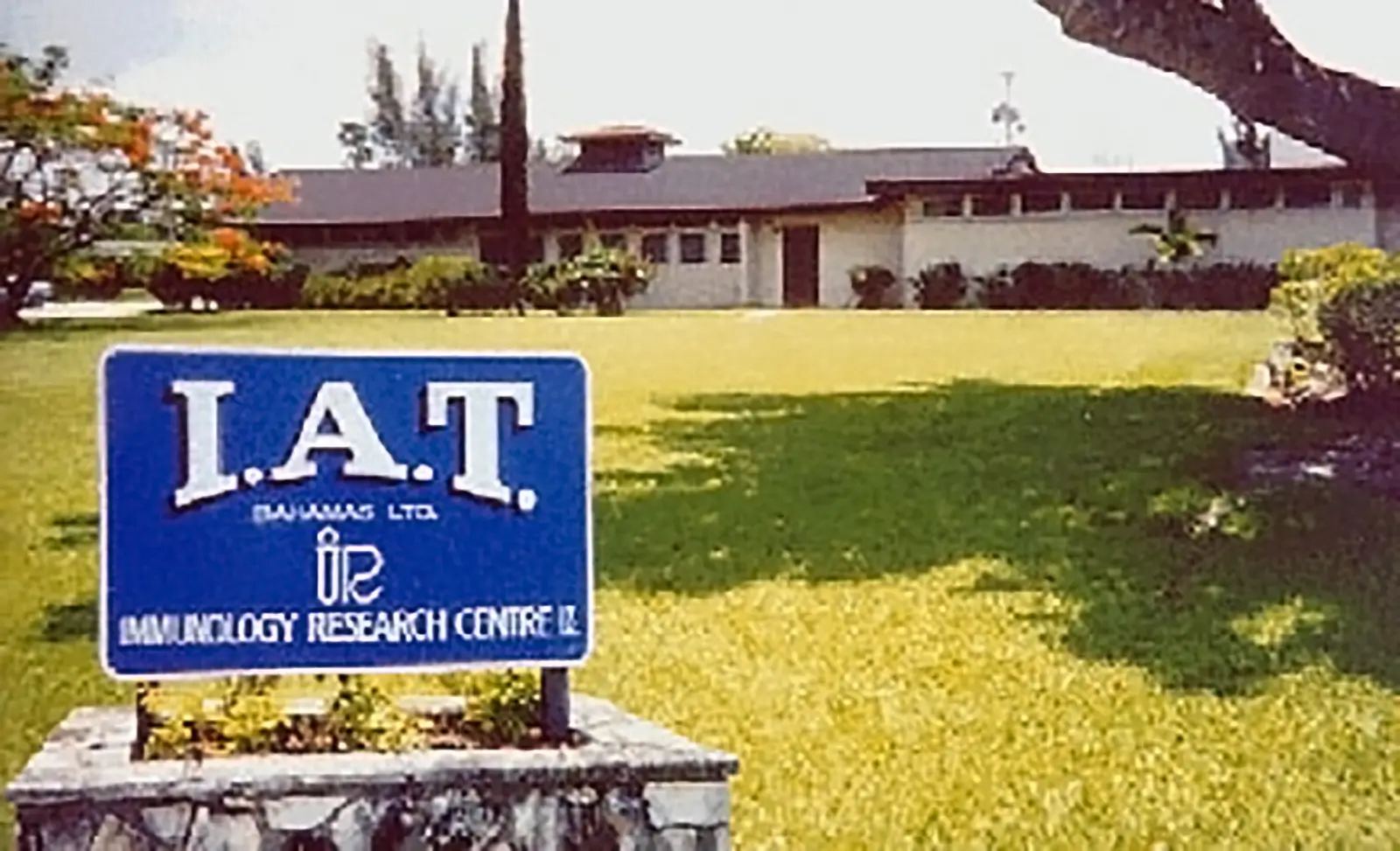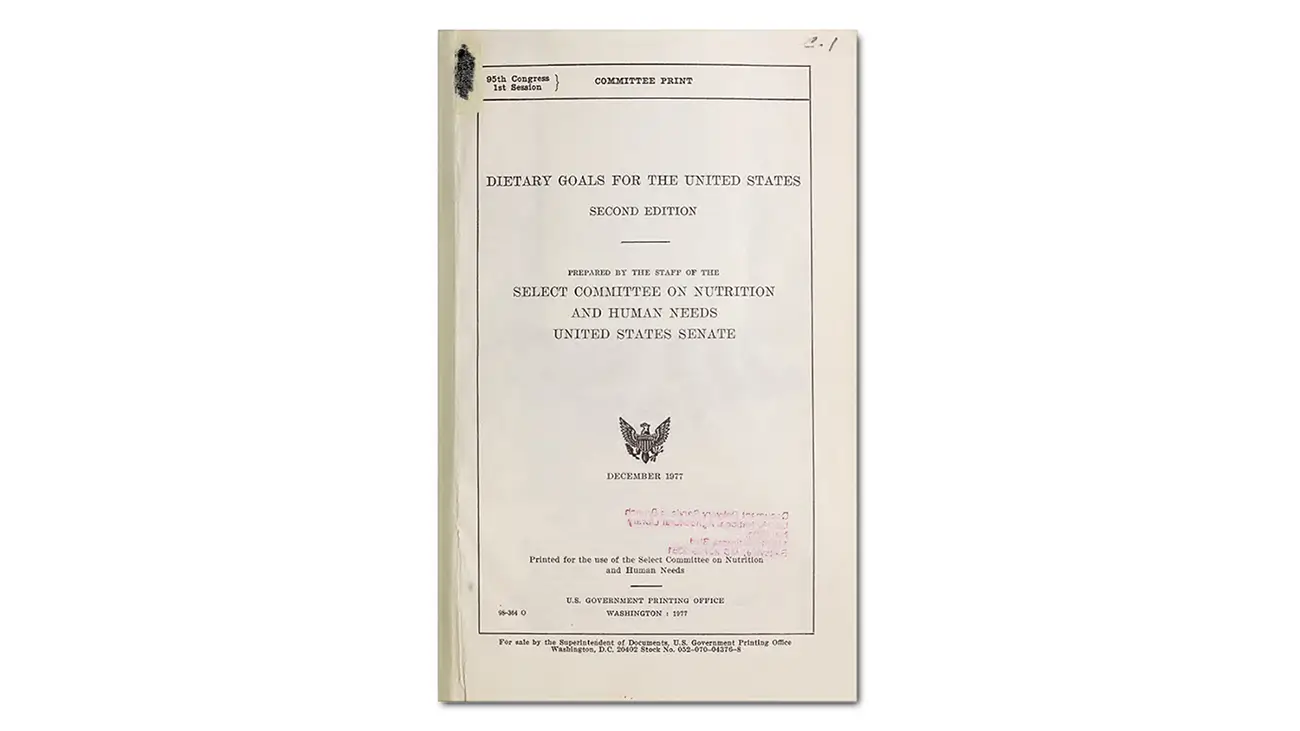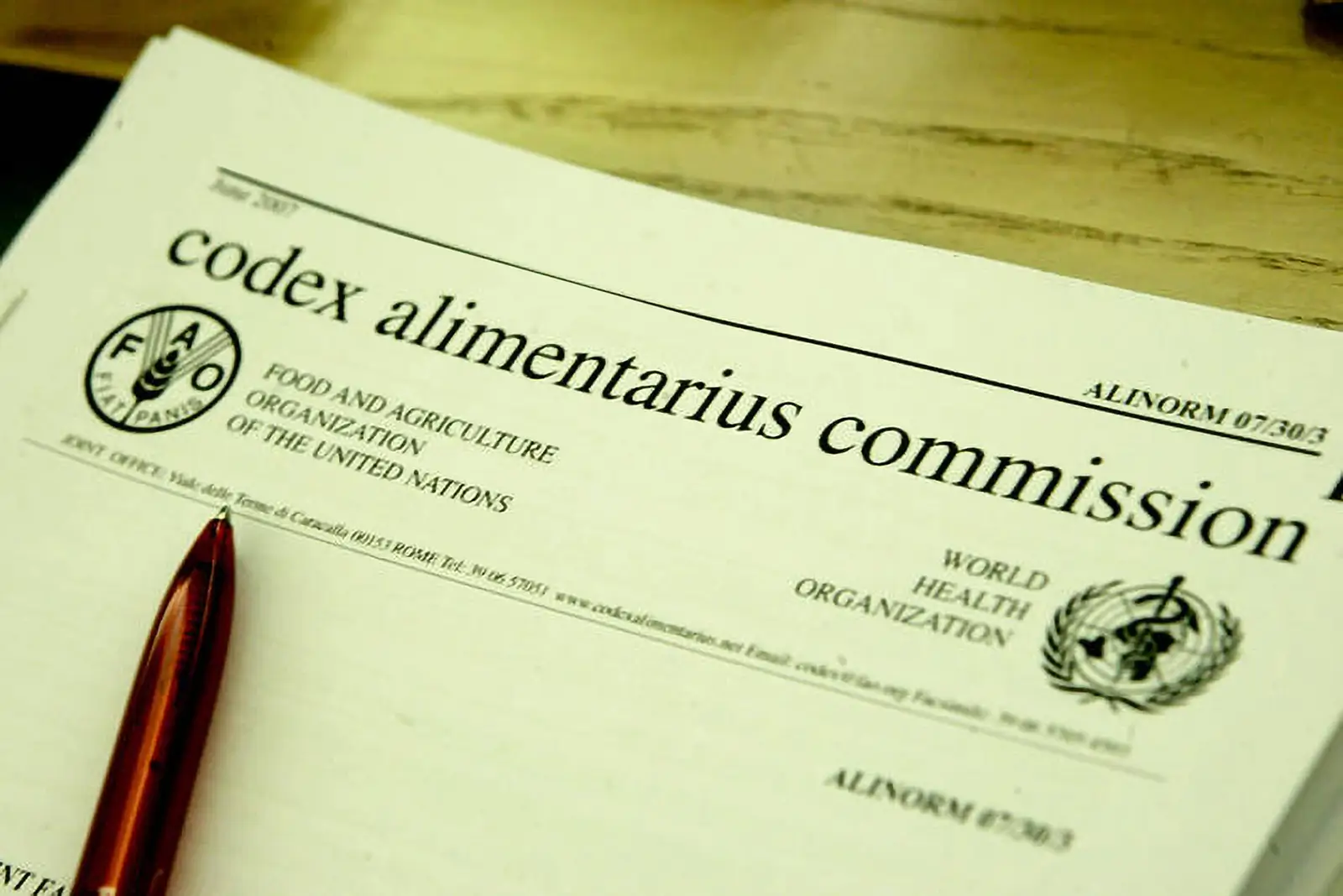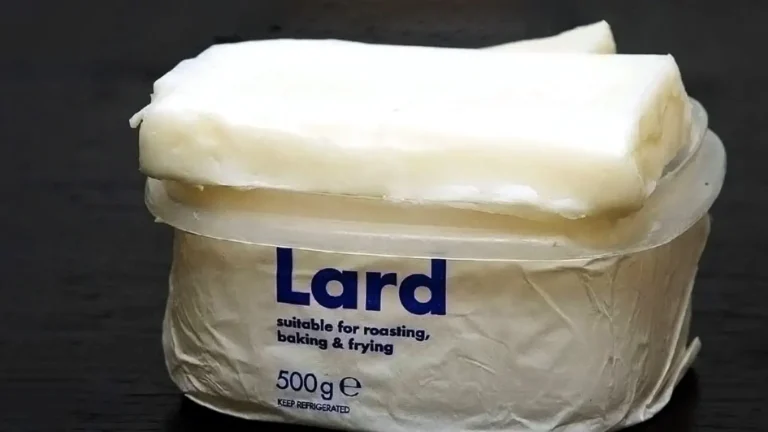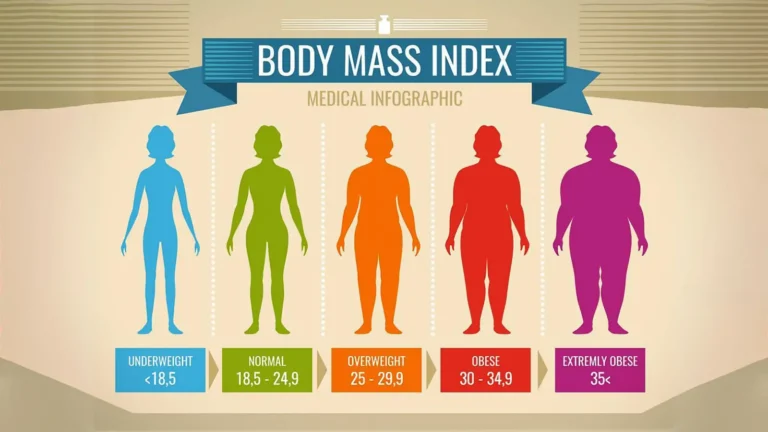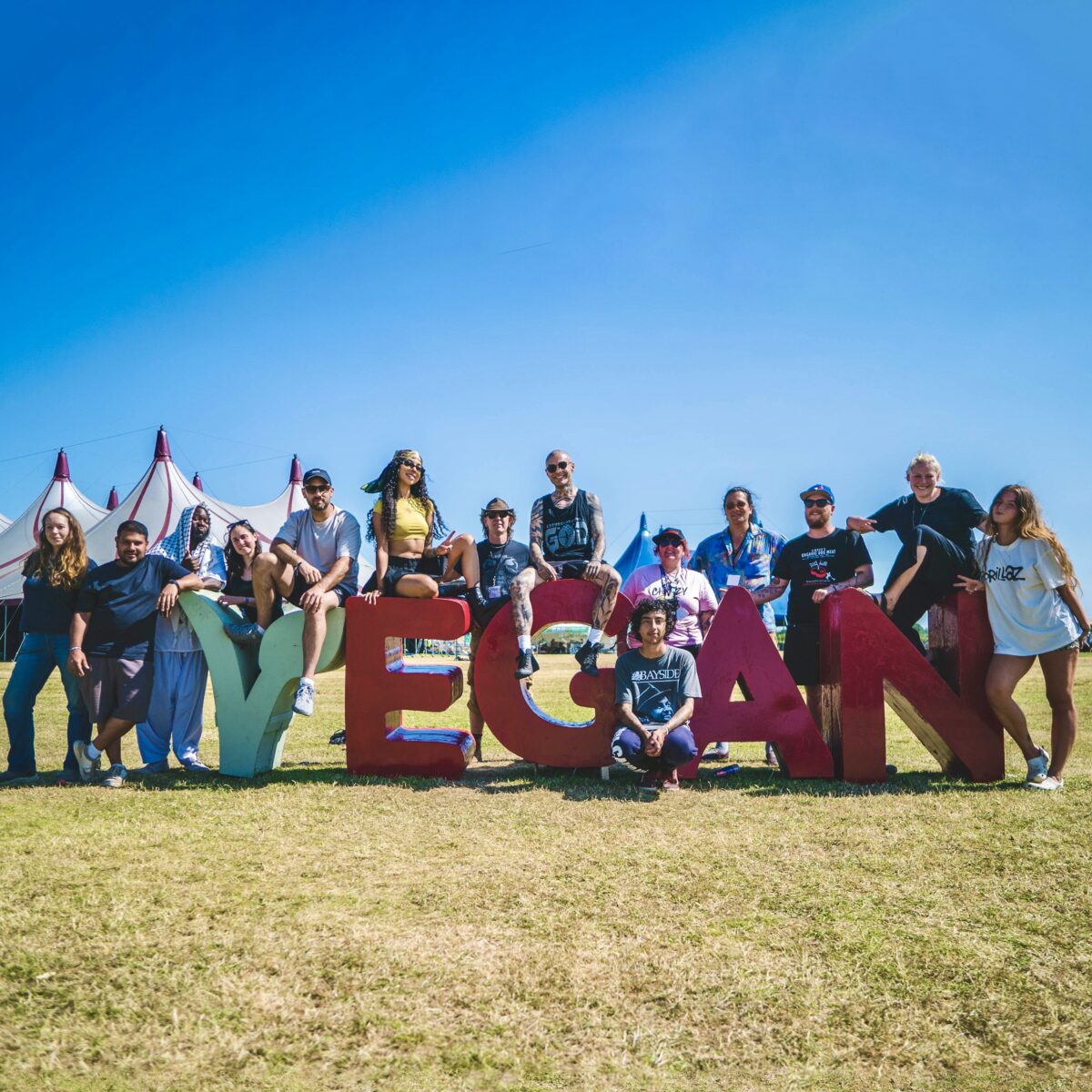Patented Medicine, Herbal Remedies, and FDA approval
War on plants had been waged by industry monopolists for more than 100 years now, and the final chapter is already written in the UN.
Milos Pokimica
Written By: Milos Pokimica
Medically Reviewed by: Dr. Xiùying Wáng, M.D.
Updated August 4, 2023The majority of people think that we live in an advanced democratic human rights-granted world of equal opportunities painted by the mainstream media governmental propaganda. Let me ask this. If they (people that own big pharma, banks, and other industries) actually researched and spend hundreds of millions of dollars to create medications that actually cured people, how would they continue to profit off our illnesses?
Or would they just treat symptoms and lie? And actually, so much more than just lying. They murder people, destroy people, and waged war against anything that threatens them. Anything that they cannot control is a threat. Both in the form of nature or in the form of technology that cannot be patented or technology that can be patented but is not very profitable because it cures disease instead of treating the symptoms. These people know exactly what the game is and what they are doing.
Anything that comes from nature cannot be patented. There are not interested in that. Everybody can grow a plant. That is a direct threat to industry interest. If there is a cure for some disease in the form of lifestyle changes, there are not interested in that. If there is some medicinal herb that works it must be destroyed. If it cannot be destroyed, then it has to be forbidden by law.
You translate that into the real world of FDA approval, and we get no interest in research into not patented medicine and no interest in research of conventional patented medicine that will really help people in the long run. And of course, the destruction of all things that exist already and has been proven to help. The way they do that is by the FDA.
People don’t realize that the FDA regulations it is illegal to use anything in existence unless it has been tested. You see the catch-22. Nothing from nature will ever be proven to be effective or safe because there is no one that is going to do the research that has the money to do the test. After all, there is no patent at the end of the test and no profit. They have control over you, and they do not like you. FDA does not do any testing of the drugs or supplements. It is relayed solely on submission from the drug companies when it makes its approval. In retrospect, it is designed to protect the industry, and it is a conflict of interest. It also has one more benefit for the industry. There is concern that the FDA has the power now to remove from the marketplace all of the new dietary ingredients that were introduced after October 1994. This includes a big chunk of supplements that are on the market.
People can go and buy potent herbal extras or other supplements and they can regulate their diet and lifestyle and get off the prescribed medicine, so the new law was passed in 1994. The FDA requires that manufacturers and distributors who wish to market dietary supplements that contain “new dietary ingredients” notify the FDA about these ingredients. Information requirement is to include information that is the basis on which the manufacturer or distributor has concluded that new dietary ingredients will reasonably be expected to be safe.
What the safe actually means? In the first decade of the new dietary ingredients guidelines, the FDA took a conservative view of what dietary ingredient was. They will say that if it was in the food supply and if you can show that it is in the food supply then they will allow you to sell it and not require you to make a scientific submission. In the ’90s FDA under pressure from the industry took a more restrictive approach by expanding the definition of a dietary ingredient and starting to keep more things out of the market and increasingly trying to regulate even the old supplements. The public reported purpose of the guidelines was to promote public safety for consumers. In reality, it had other intended purposes. Most of the supplement companies today were not present in 94. Of those that existed hardly any had records. What FDA is saying now is that your product is approved but only if you can scientifically prove it is safe because being on FDA published list before 94 is no proof anymore.
So you have to do the studies, and that seems fine if you are not familiar with the already mentioned catch-22. And of course, when the industry does their studies, they have billions to spend to alter the result in the desired way. We can only remember stories about Aspartame and MSG approval. This would be a topic for separate articles.
So today FDA basically requires a sort of preapproval from the companies and represents a sort of economic barrier for entry and results in the loss of small supplement manufacturers and the creation of a small number of big supplement companies that can be purchased by the big pharma and controlled.
It costs somewhere between $150,000 to about $1.3 million for one NDI (New Dietary Ingredient) submission. It is also made clear that approval of NDI is valid only for the company that submitted it and cannot be transferred to any other company, even if it is the same ingredient. They require every company that sells the same product to submit a new dietary ingredient submission. As a result, there are now even fewer supplements available, and they are even more expensive. The supplements that are pushed are the ones that are useless or dangerous but are in the industry’s interest to promote, like protein powders and bodybuilding chemicals. However, if you want to buy, for example, curcumin extract as support for cancer treatment, it will be more expensive than it should be. There were even attempts to force curcumin to be a prescribed pharmaceutical drug, but they failed.
However, the intention is there, and it goes in one direction. If there was any way to ban the turmeric plant and many other plants, they will gladly do it with no hesitation. Because there is not, or it is hard to do, because curcumin does not have any psychoactive properties and it is just a spice, there is nothing that the industry can do. However, then we have these forms of economic manipulation going on. Ingredients that we use to manage our health, from foods to concentrated nutrients sold as dietary supplements, are now being given requirements to prove safety before they can be used. Also, if hard to believe, but they want to ban medicinal foods too. The FDA Food Safety Modernization Act of 2007 (FSMA) gave the FDA unprecedented power over food. It gave the power to ban interstate commerce with any food in existence that has been studied for medicinal use. This act gives the FDA more power and more money to hire agents to run around the countryside of the USA to begin to arrest small organic gardeners and raw dairy farmers and intimidate even people who grow food for themselves in their own yards and gardens.
The idea that you take some plant that is grown for millennia and requires to enforce all kinds of double-blind placebo studies that underline regular drug testing is designed not to protect consumers but to remove the choice and to take responsibility for our own health from us and put it in the hand of industry and its enforcer the government.
And they did it already to the empirics and natural healers at the beginning of the 20th century but did not target individual people. Now they are going to target regular people as well. What are they going to do with this new authority is the same thing that they have done until now. Every product that comes on the market would be assumed to be an unsafe product, any natural herb should be assumed to be dangerous, any other medical treatment not approved by the FDA should be assumed to be dangerous, and every natural remedy, supplement, or anything else if not approved should be assumed to be dangerous and are going to be removed until people manufacturing that product prove that the product is safe. And if a product is already proven to be safe, the approval needs to be done again for every single company. The small farmer who wants to sell medicinal herbs is going to be treated like selling dangerous substances for example like selling poison or cannabis. It started to happen already today, but the intention is to be even more enforceable in the future.
By current law, what an agency can do to small farmers or small companies that did not approve its products is they can come and take everything the farmer or company owns of any value. They can do it without any advance notice, weapons drawn, barging into the business, seizing assets, freezing bank accounts, seizing all the products, and seizing all the material inside the offices, computers, papers, and files before trial or conviction. Charges can be both civil and criminal and can result in incarceration for a lifetime. Even if you don’t get indicted, what they do is ruin someone’s business completely. They did start to do this to some extent to local farmers, especially in regards to raw milk and herbal remedies, but there was some backlash, but that did not stop the intention.
What this is in reality all about is to start to push small businesses out. If you have a small family supplement company can you afford to spend up to 1 million for approval for every product? What would you do most likely is to send your kid to college so that he can get a job at a regular pharmacy and close. It is not logical to conclude that the government forces companies to test one ingredient that has been proven to be safe over and over again just for safety and what is completely out of the scope of logic is to force payment that goes up to more than a million dollars.
The real intention is to economic burden and then remove the small organic farmers and businesses, natural herbal doctors that are outside of the medical line, and all other “threats” with this well-calculated economic warfare.
And this is not just the US it has gone global.
War on plants had been waged by industry monopolists for more than 100 years now, and the final chapter is already written in the UN.
It is called Codex Alimentarius. That is a fancy Latin name for the world food code. The ambiguous title “Codex Alimentarius” is no accident. It was written by the same companies and even in some cases the same individuals, who wrote the Auschwitz concentration camp slogan “Arbeit mach frei” (“Work makes you free”). It was created in 1963s in the UN by the same oligarchy. It is a body that was established by the Food and Agriculture Organization of the United Nations (FAO), and the World Health Organization (WHO). In fact, Codex is the next stage of intention for multi-national corporations razed above national sovereignty and enforced upon the world. The five segments of business that benefit from Codex are Big Bio-Tech, Big Chem, Big Medica, Big Pharma, and Big Agra biz.
References:
Passages selected from a book: Pokimica, Milos. Go Vegan? Review of Science Part 2. Kindle ed., Amazon, 2018.
Related Posts
Do you have any questions about nutrition and health?
I would love to hear from you and answer them in my next post. I appreciate your input and opinion and I look forward to hearing from you soon. I also invite you to follow us on Facebook, Instagram, and Pinterest for more diet, nutrition, and health content. You can leave a comment there and connect with other health enthusiasts, share your tips and experiences, and get support and encouragement from our team and community.
I hope that this post was informative and enjoyable for you and that you are prepared to apply the insights you learned. If you found this post helpful, please share it with your friends and family who might also benefit from it. You never know who might need some guidance and support on their health journey.
– You Might Also Like –

Learn About Nutrition
Milos Pokimica is a doctor of natural medicine, clinical nutritionist, medical health and nutrition writer, and nutritional science advisor. Author of the book series Go Vegan? Review of Science, he also operates the natural health website GoVeganWay.com
Medical Disclaimer
GoVeganWay.com brings you reviews of the latest nutrition and health-related research. The information provided represents the personal opinion of the author and is not intended nor implied to be a substitute for professional medical advice, diagnosis, or treatment. The information provided is for informational purposes only and is not intended to serve as a substitute for the consultation, diagnosis, and/or medical treatment of a qualified physician or healthcare provider.NEVER DISREGARD PROFESSIONAL MEDICAL ADVICE OR DELAY SEEKING MEDICAL TREATMENT BECAUSE OF SOMETHING YOU HAVE READ ON OR ACCESSED THROUGH GoVeganWay.com
NEVER APPLY ANY LIFESTYLE CHANGES OR ANY CHANGES AT ALL AS A CONSEQUENCE OF SOMETHING YOU HAVE READ IN GoVeganWay.com BEFORE CONSULTING LICENCED MEDICAL PRACTITIONER.
In the event of a medical emergency, call a doctor or 911 immediately. GoVeganWay.com does not recommend or endorse any specific groups, organizations, tests, physicians, products, procedures, opinions, or other information that may be mentioned inside.
Editor Picks –
Milos Pokimica is a doctor of natural medicine, clinical nutritionist, medical health and nutrition writer, and nutritional science advisor. Author of the book series Go Vegan? Review of Science, he also operates the natural health website GoVeganWay.com
Latest Articles –
Plant Based News
-
Chef-Owner Of UK’s First Vegan Michelin-Starred Restaurant Says 95% Of Diners Are Meat-Eaters
on December 9, 2025
-
4 Festive Cookie Recipes For The Holidays
on December 9, 2025
-
Vegan Camp Out Just Dropped The Artist Lineup For 2026, And It’s Stacked
on December 9, 2025
-
Special Occasion Pesto Pastry Star
on December 8, 2025
-
Vegan Athlete Torre Washington Is Going To Mr Olympia 2026
on December 8, 2025
-
Vegan Christmas Day 7: Stuffed Squash Roast
on December 7, 2025
-
Billie Eilish Organizes Plant-Based Food Drives At November Shows
on December 7, 2025
Top Health News — ScienceDaily
- Most of the world isn’t getting enough omega-3on December 9, 2025
Most people worldwide aren’t getting enough omega-3, leaving a major gap between scientific recommendations and daily diets. Researchers emphasize the critical role of EPA and DHA across all life stages and point out that food alone often can’t meet needs. The review calls for clearer global guidelines and easier access to sustainable omega-3 sources. It also highlights the challenges different populations face in reaching healthy intake levels.
- Single enzyme mutation reveals a hidden trigger in dementiaon December 9, 2025
Researchers discovered that a tiny structural feature of the enzyme GPX4 helps keep neurons safe. A rare mutation removes this protection, allowing harmful molecules to damage cell membranes and trigger early dementia. Mouse and cell studies showed changes resembling Alzheimer’s. Early tests to slow this damage give scientists new directions to explore.
- Her food cravings vanished on Mounjaro then roared backon December 8, 2025
Deep-brain recordings showed that Mounjaro and Zepbound briefly shut down the craving circuits linked to food noise in a patient with severe obesity. Her obsessive thoughts about food disappeared as the medication quieted the nucleus accumbens, the brain’s reward hub.
- Gut molecule shows remarkable anti-diabetes poweron December 8, 2025
Researchers revealed that the microbial metabolite TMA can directly block the immune protein IRAK4, reducing inflammation and improving insulin sensitivity. The molecule counteracts damage caused by high-fat diets and even protects mice from sepsis. Since IRAK4 is a known drug target, this pathway could inspire new diabetes therapies. The study highlights how gut microbes and nutrition can work together to support metabolic health.
- New study finds a silent genetic heart risk hidden in millionson December 8, 2025
A large Mayo Clinic study shows that current guidelines fail to detect nearly 90% of people with familial hypercholesterolemia, a common inherited cause of dangerously high cholesterol. Many affected individuals already had early heart disease but never met testing criteria. Routine DNA screening could dramatically expand detection and prevention. The research underscores the need for genomics-driven healthcare.
- This simple ingredient makes kale way healthieron December 8, 2025
Scientists found that kale’s prized nutrients are hard for the body to absorb unless they’re eaten with oil. Cooking doesn’t improve absorption, but adding oil-based dressings—or even more advanced nanoemulsion sauces—does. These combinations dramatically increase access to kale’s carotenoids. The research could inspire new, healthier dressings designed to supercharge everyday vegetables.
- Low dose melanoma treatment delivers dramatically better resultson December 8, 2025
Using less ipilimumab appears to make melanoma immunotherapy both safer and more effective, with dramatically better response and survival outcomes. The findings suggest that reducing side effects may be the key to maximizing the benefits of these powerful treatments.
PubMed, #vegan-diet –
- “A football team with no midfield”: A qualitative analysis of anti-vegan stigma in Italyon December 7, 2025
A growing body of research has demonstrated the prevalence of unfavourable attitudes towards individuals who adhere to a vegan diet and has provided empirical evidence to support the existence of an anti-vegan ideology. The present study aims to contribute to extant knowledge by examining the social perception of veganism and vegans in Italy. Italy is a nation characterised by a traditional culture of food that serves as a significant catalyst for collective identification and national pride….
- Plant-based dietary index on the Mediterranean and a vegan diet: a secondary analysis of a randomized, cross-over trialon December 5, 2025
CONCLUSION: These findings suggest that, replacing animal products even with the “unhealthful” plant-based foods on a vegan diet was associated with weight loss.
- A vegan diet signature from a multi-omics study on different European populations is related to favorable metabolic outcomeson December 4, 2025
Vegan and omnivorous diets differ markedly in composition, but their effects on the gut microbiome, metabolome, and lipidome across populations remain insufficiently characterized. While both diet and country of origin influence these molecular layers, the relative contribution of diet versus country-specific factors has not yet been systematically evaluated within a multi-omics framework.In this cross-sectional, bicentric, observational study, we profiled healthy vegans (n = 100) and […]
- The VEGPREV study: effectiveness of four plant-based diets on weight loss, metabolic syndrome components and appetitive traits in overweight and obese individuals: a randomized controlled trialon December 4, 2025
CONCLUSION: Among plant-based dietary patterns differing in animal product content, the EAT and VG diets demonstrated the most pronounced effects on weight and body composition. These findings provide support for the notion that structured, plant-based dietary interventions can be effective strategies for managing body weight.
- Prevalence, motivations, lifestyle preferences, and basic health behavior among 1,350 vegan, vegetarian, and omnivorous Austrian school teachers and principalson December 4, 2025
CONCLUSION: This is the first study to investigate the potential differences in basic health behavior among refined dietary subgroups (omnivorous, ovo-lacto-vegetarian, and vegan) in school teachers and principals. The findings indicate that basic diet type differentiation is the first step towards fundamentally healthy behavior, however, further action must be taken to achieve better health among school teachers and principals in Austria (more physical activity, sports and exercise, and […]
Random Posts –
Featured Posts –

Latest from PubMed, #plant-based diet –
- Using cross-species co-expression to predict metabolic interactions in microbiomesby Robert A Koetsier on December 9, 2025
In microbial ecosystems, metabolic interactions are key determinants of species’ relative abundance and activity. Given the immense number of possible interactions in microbial communities, their experimental characterization is best guided by testable hypotheses generated through computational predictions. However, widely adopted software tools-such as those utilizing microbial co-occurrence-typically fail to highlight the pathways underlying these interactions. Bridging this gap will […]
- Nutritional Interventions for Enhancing Sleep Quality: The Role of Diet and Key Nutrients in Regulating Sleep Patterns and Disordersby Rony Abou-Khalil on December 8, 2025
Sleep disorders and poor sleep quality are increasingly recognized as global health concerns, with substantial consequences for mental and physical health. While pharmacological treatments are available, growing evidence suggests that nutritional interventions offer effective, sustainable alternatives for enhancing sleep quality. This review aims to synthesize current evidence on the impact of key nutrients, dietary patterns, bioactive compounds, and gut microbiome modulation on sleep…
- Effect of a new plant-based high-energy oral nutritional supplement in adult malnourished patients: an open-label, randomized clinical trialby Natalia Covadonga Iglesias Hernández on December 8, 2025
CONCLUSION: PbONS are as effective and well-tolerated as traditional ONS in improving nutritional outcomes, with high patient satisfaction in malnourished patients. This study provides valuable evidence for integrating pbONS into routine clinical practice for the tailored management of patients.
- Association between plant-based dietary patterns and dementia among Chinese older adultsby Xiaobing Xian on December 8, 2025
CONCLUSION: Plant-based dietary patterns showed significant cross-sectional associations with dementia prevalence among Chinese older adults. The modifying effects of diabetes and exercise highlight the importance of considering individual characteristics when examining diet-dementia relationships.
- Nutritional and Fasting Strategies for the Management of MASLD/MASH: An Integrative Reviewby Diya Tawk on December 8, 2025
Non-alcoholic fatty liver disease (NAFLD), recently redefined as metabolic dysfunction-associated steatotic liver disease (MASLD), has emerged as the most common chronic liver disease worldwide, affecting nearly one in three adults. Despite its growing prevalence, there is still no approved pharmacological treatment, making lifestyle modification the cornerstone of management. Among the most promising strategies are nutritional interventions and structured fasting regimens, which target the…
- Modulation of viscosity, swallowability, and stability of starch-based thickener: The effect of konjac gum and xanthan gumby Haoran Fan on December 8, 2025
Hydroxypropyl distarch phosphate (HDP), as a commonly used starch-based thickener in dysphagia dietary interventions, is highly susceptible to enzymatic degradation by amylase. Although polysaccharides can improve the viscosity of starch, their effectiveness varies depending on the type of polysaccharides. This study investigated the effects of konjac gum (KG) and xanthan gum (XG) on the physicochemical properties of HDP. Both KG and XG increased the pasting viscosity, dynamic modulus, and…



